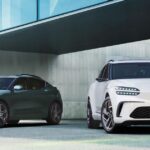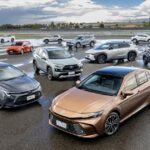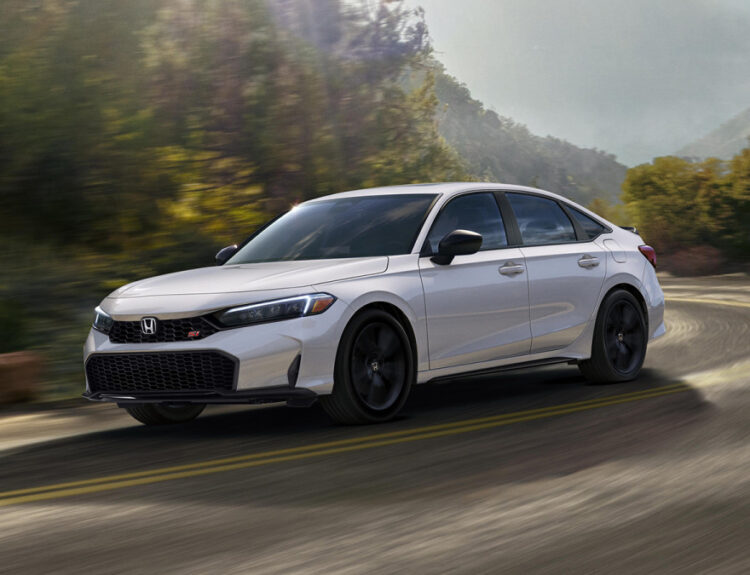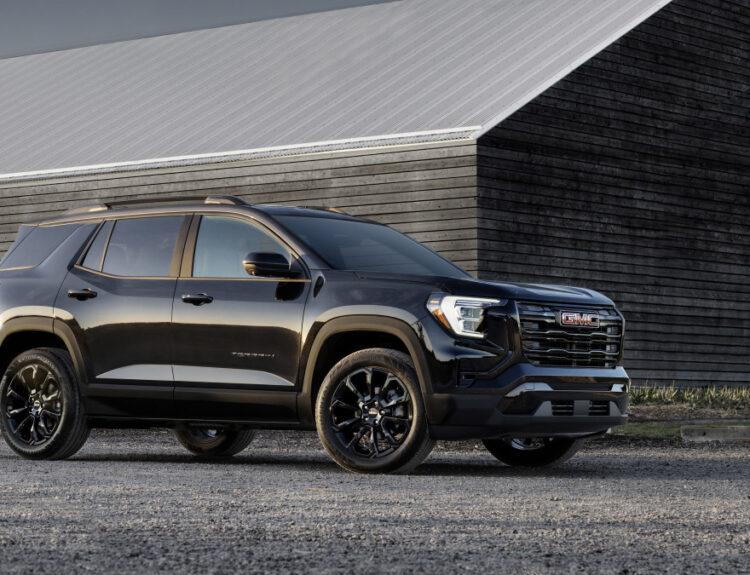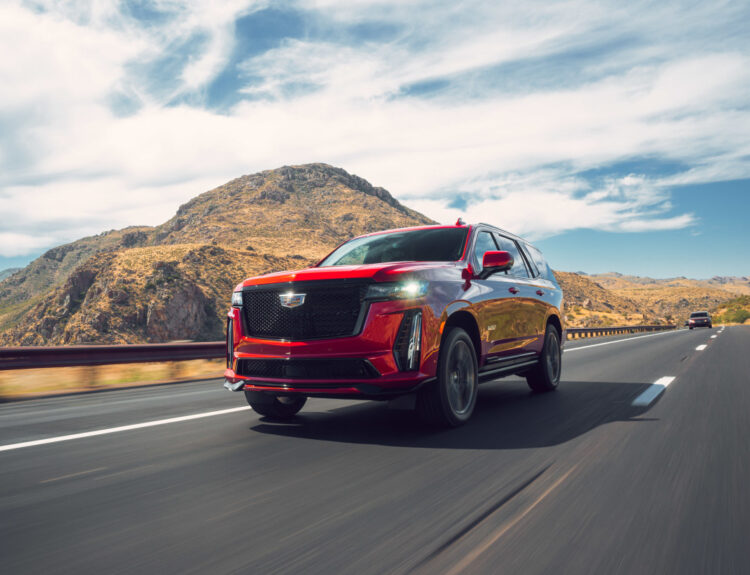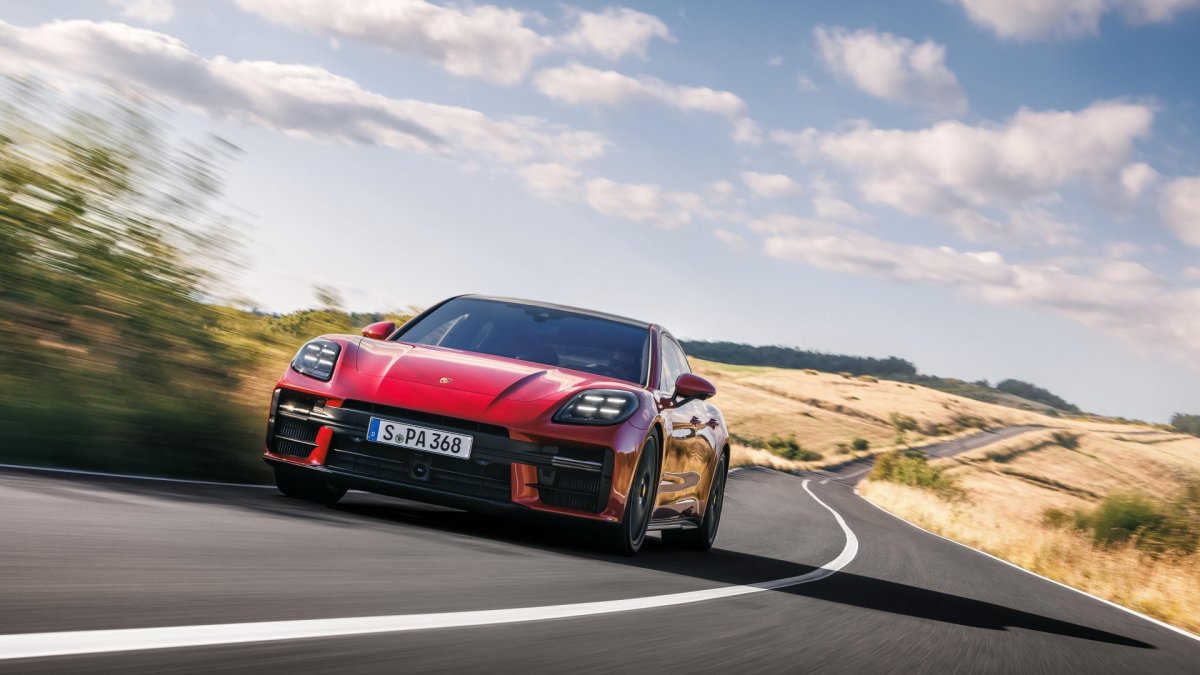
Porsche’s Taycan made quite the splash upon its arrival, setting new benchmarks for electric vehicles (EVs) and redefining consumer expectations. However, as the landscape of the automotive industry evolves, so too does the public’s enthusiasm for electric technology. A confluence of factors has prompted Porsche to rethink its strategy, notably by continuing the development of internal combustion engines (ICE) alongside its electric initiatives.
Porsche Shifts Gears Amidst Decreasing Taycan Sales
The first step toward any resolution is acknowledging a problem, and Porsche did just that this past July. The automaker recalibrated its ambitious aim of achieving an 80 percent electric fleet by 2030, a realization underscored by the dramatic decline in Taycan sales—plummeting nearly 50 percent year-over-year, with just 14,000 units sold through September 2024.
Related: Could Lamborghini’s electric future start with a Taycan-based super sedan?
Among those influenced by this downturn are the classic 718 Cayman and 718 Boxster models, which are entering their twilight as gasoline-powered vehicles before transitioning to fully electric versions after 2025. However, these models have notably performed well, showing a 10 percent increase in global sales compared to last year, even as they face bans in various European markets due to cybersecurity issues.
Porsche 718 Boxster
In a recent Q3 sales conference, Porsche executives candidly addressed the current challenges, stating that their research and development division is now more nimble in crafting powertrains, including potential new combustion engine variants of electric models.
Related: Tesla tops the 2024 recall list, trailed by other major automakers
Porsche Confirms Continued Production of Gas-Powered Models Through the 2030s
In an August discussion with Autocar, Michael Steiner, Porsche’s head of R&D, made it clear that the company remains committed to internal combustion. “While the new Cayenne will eventually have a fully electric version, we’ll continue producing ICE iterations concurrently. The same approach applies to the Panamera,” he stated. The enduring legacy of the iconic 911 will also include several internal combustion variants, as confirmed by reports across various digital platforms.
Porsche’s measured approach towards electrification is also influenced by the promise of synthetic e-fuels—a strategy Steiner believes could significantly impact the future of automotive power sources. “We can gradually substitute fossil fuels with e-fuels through a blended approach,” he noted, emphasizing the need to address the billions of existing combustion vehicles currently on the road.
2025 Porsche Panamera Turbo S E-Hybrid
Steiner’s sentiments echo those of Karl Dums, Porsche’s Senior Project Lead on e-fuels, who advocates for the development and industry-scale implementation of these synthetic alternatives. “We recognize the demand for e-fuels and the myriad benefits they offer; the challenge lies in scaling up production,” Dums explained.
In Conclusion
Porsche finds itself alongside numerous automakers who are retracting earlier commitments to a predominantly electric sales model. While the transition to electrification is undeniably critical, there remains a pressing need to consider the extensive fleet of combustion-engine vehicles already on the roads. Embracing synthetic fuels may present a more balanced path forward in a time of shifting automotive paradigms.
Related: Mazda is achieving record sales without a single electric vehicle in sight
Source:www.autoblog.com


